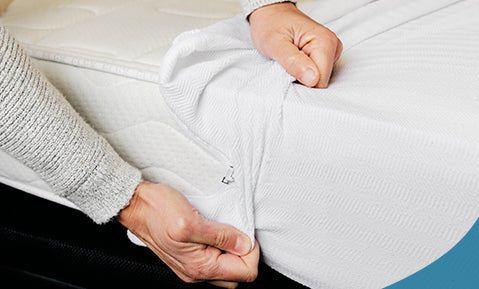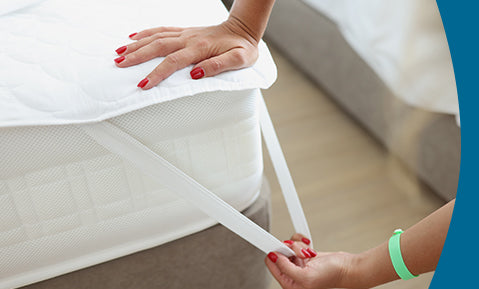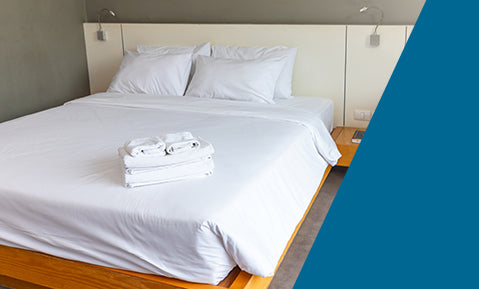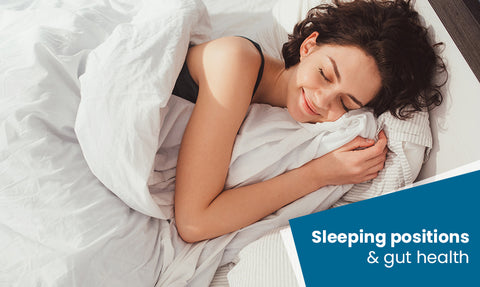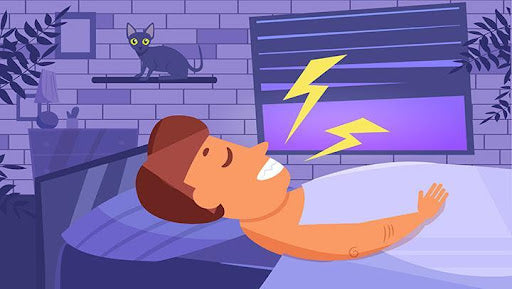
Teeth grinding isn’t common during sleep even though it is quite common when people feel angry. Stressful events can increase incidences of bruxism (teeth grinding.) While it can appear when you’re awake, it’s quite rare when asleep.
In this article, you’ll learn more about sleep bruxism.
What is Sleep Bruxism?
If you grind your teeth during your sleep, then you suffer from sleep bruxism. Apart from being rare, sleep bruxism is difficult to diagnose and identify because the patient rarely realizes until a partner points out the problem.

Is Sleep Bruxism Common?
Sleep bruxism isn’t a common medical condition, but it is more common among children and adolescents. The number of people suffering from this medical condition is difficult to ascertain.
What are the Symptoms of Sleep Bruxism?
Sleep bruxism has a single symptom: grinding or clenching teeth during sleep. The clenching can be quite severe in rare instances, putting a lot of pressure on gums.
The episodes occur intermittently, and may not occur every night. In very rare instances, people make chewing like motions more frequently while asleep.
Sleep bruxism occurs mainly in the early part of the sleep, ie, non-REM sleep. During REM sleep, the muscles are more relaxed, so symptoms usually disappear.
It’s quite normal for people to not realize their symptoms as they’re asleep during the night. Usually a bed partner or family member notices the symptoms and makes the patient aware of their medical condition.
Also Read: Tips and Tricks to Sleep Better Every Night
Are There any Serious Complications Related to Sleep Bruxism?
Sleep bruxism can harm the health of the teeth in the long run. Teeth can get eroded and even bleed, causing pain in the process. Some people have also complained of pain in the jaw muscles and joints because of constant grinding while they’re asleep.
However, serious effects from sleep bruxism are quite rare. Further, the symptoms usually disappear in a short amount of time.
Causes of Sleep Bruxism
Various factors can lead to the development of sleep bruxism. There’s no single cause of these medical conditions. However, certain risk factors can increase your likelihood of developing this condition.
Stress is the main culprit here. Most people develop bruxism because of increased stress and anxiety. While most people only experience bruxism because of anxiety during the day, the symptoms can carry over into the night.
Sleep bruxism may also occur because of genetics. Genetic components, in fact, are the most common reason for sleep bruxism. Having a close family member who suffers from the condition can increase your chances of developing it later in life.
Diagnosis of Sleep Bruxism
Sleep bruxism is usually diagnosed by a doctor or a dentist. The diagnostic process generally varies depending upon the type of health profession you seek help from.
Polysomnography, an overnight sleep study conducted in a sleep clinic, is used to diagnose sleep bruxism. During the examination, several machines are hooked up to your body to record the level of oxygen, heart rate, eye movement etc.
During the test, if clenching or grinding of teeth occurs regularly, then you’ll be diagnosed with sleep bruxism.
Treatment of Sleep Bruxism
While there’s no treatment to eliminate sleep bruxism, you can manage the symptoms by trying a few approaches. The approaches also differ on the basis of severity of the condition.
Here are the Options for Relieving Symptoms of Sleep Bruxism:
- Stress reduction: reducing stress can significantly decrease the intensity of your symptoms, whereas increased stress can exacerbate the symptoms.
- Medications: your doctor may recommend a few drugs to reduce muscle activity. In rare cases, Botox injections may be recommended, as they’re very effective against sleep bruxism.
- Mouthpieces: mouth guards and mouthpieces are available at the dentists’. Dental splints are quite popular for covering the teeth and providing a good level of protection. They can even prevent the erosion of the teeth.
Conclusion
Sleep bruxism is difficult to identify and diagnose. Until a family member or bed partner points out the symptoms, people suffering from the condition rarely find out about sleep bruxism. If you think you suffer from the condition, then you should go to your general physician or dentist for a diagnosis.

